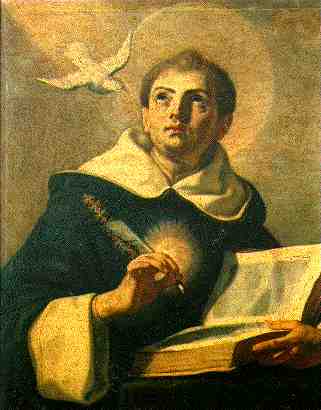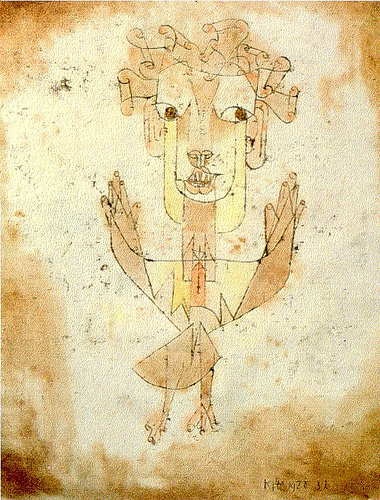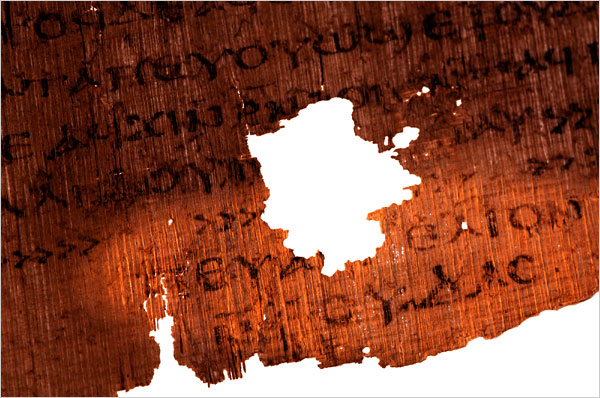May 11-12, 2012
Swift Hall
Co-sponsored by the Religion and Ethics workshop, the Theology workshop, the Divinity Students Association, and the Department of Political Science
Theologians, ethicists, and social and political theorists share a sense today that the scope and consequences of human power are growing at a rate perhaps unmatched in history. The 20th century witnessed the rapid expansion of human capacities, ranging from the atomic bomb to the Fordist and post-Fordist assembly line to exponentially-growing insights into and control over our own biology. New possibilities – from the devastation of our planet to redefinition of the genome that makes us who we are – have emerged that call for an imagining of human agency that will both account for and check the uses to which human power is put in our world. Complicating all of this is the recent upsurge in power that different religious communities wield, which has accompanied rather than been voided by secularizing processes.
At the same time, it is not clear that the various contemporary discussions deploy the term “power” univocally. In some, “power” denotes that quality of all social relationships which creates effects on subjects. In others, the “powers” refer to transpersonal structures of human relation that govern and shape life. Meanwhile, “power” names both that contemporary phenomenon that evokes human responsibility, demanding both acts of empowerment and limitation, as well as that aspect of human agency long recognized as susceptible to human formation. What is shared among these is a sense of the urgency of questions of power for contemporary discourse about our social life. But is the common word a mere equivocation, or are these various discourses, in fact, imbricated in a way that opens avenues for fruitful conversation?
What animates this conference is the attempt to understand power within critical and normative approaches to religion that are sensitive to its multifaceted character and attuned to possibilities for its creative exercise. Thus, this conference invites theologians, ethicists, and social theorists to share their work on power in a way that seeks new approaches to the subject.
Participants:
J. Kameron Carter (Duke University)
Marion Grau (Church Divinity School of the Pacific)
Vincent Lloyd (Syracuse University)
Robin Lovin (Southern Methodist University)
Kathryn Tanner (Yale University)
Jonathan Tran (Baylor University)
William Schweiker (University of Chicago)
Joshua Daniel (University of Chicago)
Rick Elgendy (University of Chicago)
Schedule:
* All sessions will be in the Lecture Hall, 3rd floor
Friday
Afternoon session 1pm-4pm
Robin Lovin: “Religious Authority and the Fragmentation of Power”
Joshua Daniel: “Patient Authority and Enduring Novelty: Pragmatizing Robert W. Jenson on Time and Language”
Vincent Lloyd: “Theology and Real Politics: On Huey P. Newton”
Reception, Common Room 4:30 — 5 pm
Saturday
Morning session 9am-11:30am
Kathryn Tanner: “The Power of Love”
Rick Elgendy: “Revelation without Authority”
Jonathan Tran: “Ontological Participation, Epistemological Certainty, and Political Legitimation: Conceptualizing Authority”
Afternoon session 1pm-4pm
J. Kameron Carter: “Before (Sovereign) Authority: Towards a Counterhistory of Political Theology”
Marion Grau: “Interpreting Power: Towards an Intercultural Theological Hermeneutics”
William Schweiker: “The Love of Power”



 Wednesday, April 11, 4:30 PM
Wednesday, April 11, 4:30 PM

 As we near the end of our Winter Quarter programming around the theme of “Reckoning with Scriptures,” the Theology Workshop has lined up two special events bringing together faculty, students, and six (6!) disciplines within and beyond the Divinity School. The first of these is a panel discussion on “Scriptures at the Faultlines,” Monday, February 20th, 12:00-1:30 pm, in Swift 106.
As we near the end of our Winter Quarter programming around the theme of “Reckoning with Scriptures,” the Theology Workshop has lined up two special events bringing together faculty, students, and six (6!) disciplines within and beyond the Divinity School. The first of these is a panel discussion on “Scriptures at the Faultlines,” Monday, February 20th, 12:00-1:30 pm, in Swift 106. 
 The Theology Workshop cordially invites you to our upcoming workshop with Marsaura Shukla, PhD Candidate in Theology, Monday, February 6th at 12:00, in Swift 201.
The Theology Workshop cordially invites you to our upcoming workshop with Marsaura Shukla, PhD Candidate in Theology, Monday, February 6th at 12:00, in Swift 201.